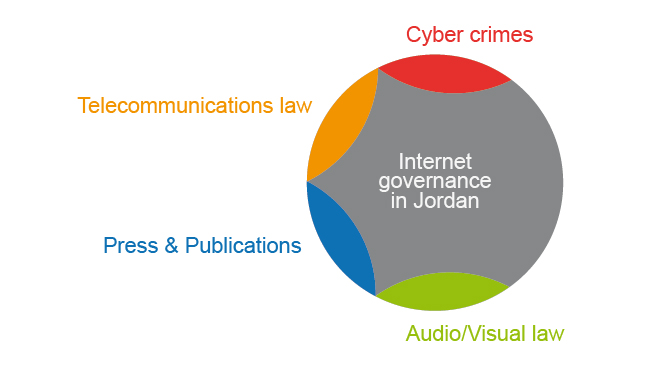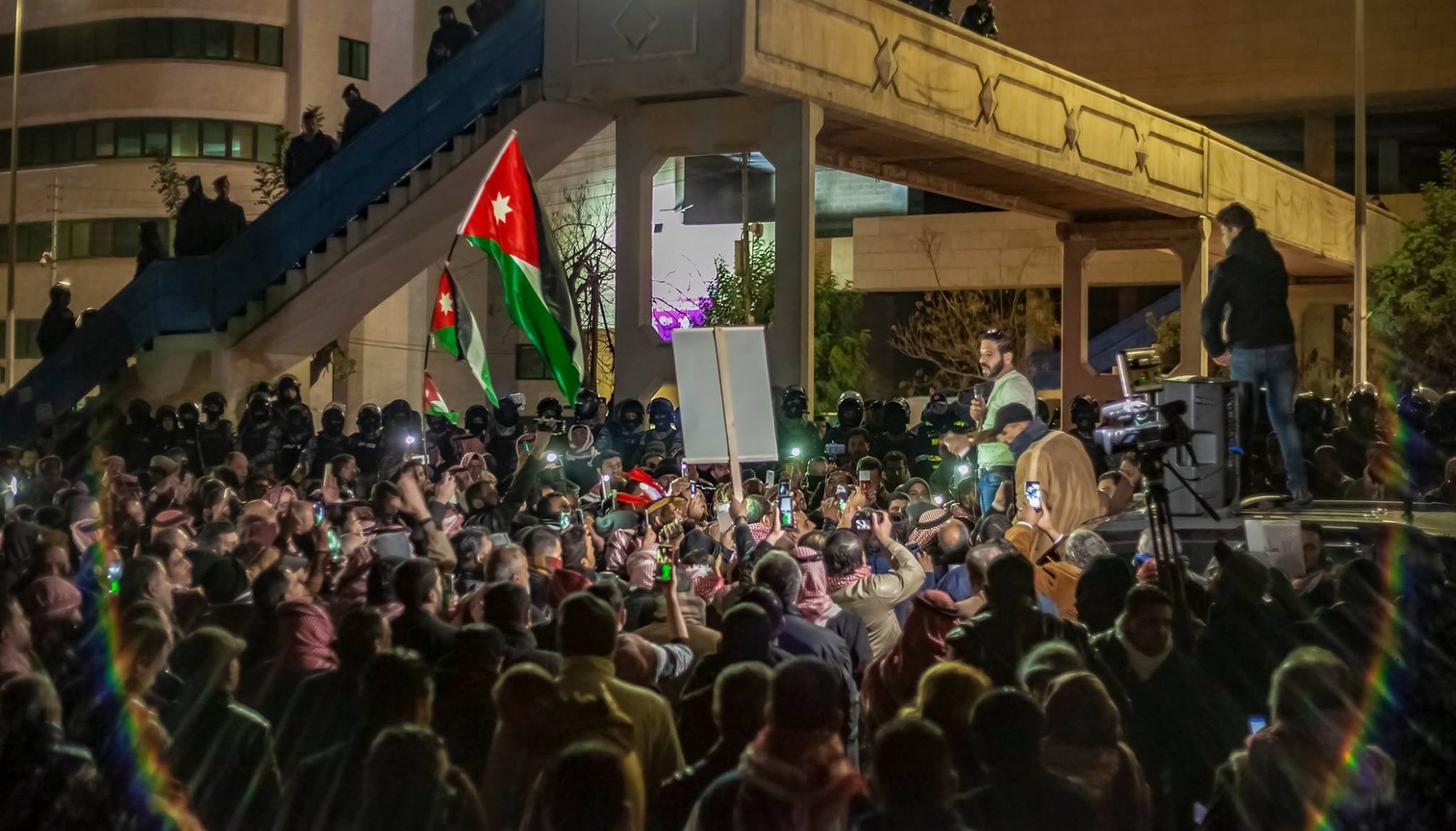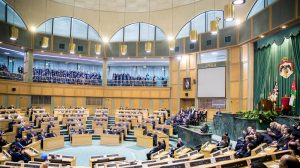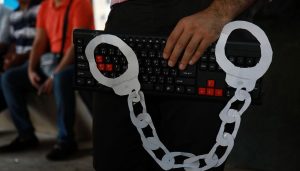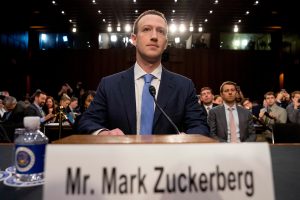By Ramsey George
States often engage with the Internet as “a source of threats to national security interests”1 and as such, are expected to respond to Internet governance and security in this way, by creating offensive cyber capabilities.
Despite the ease of placing the Internet governance and security debate within a national security and war-like rhetoric, declaring cyber-war is premature. As of now, tit-for-tat attacks during diplomatic flare-ups haven’t caused physical damage nor significantly impacted diplomatic relations between countries, other than the Stuxnet that lead to some destruction of Iran’s nuclear facilities. Defacing websites and bringing down news and government sites may feel like a public relations victory, but the reality is that very little long-term impact is felt.
In the article entitled Internet Security and Networked Governance in International Relations, authors Milton Mueller, Andreas Schmidt and Brenden Kuerbis bring the Internet Governance debate to the field of International Relations. The paper uses two case studies to explore if the Internet’s heavy reliance on nonhierarchical, networked forms of governance are compatible with growing threats from non-state actors, such as loosely organized hacker groups. Using the definition of networked governance as, “a semi permanent, voluntary negotiation system that allows interdependent actors to opt for collaboration or unilateral action in the absence of an overarching authority,” the authors explore whether more formal governance of the Internet is compatible with the current structure of government and non-government actors cooperating to create an Internet that is accessible and open around the world.
Centralized control of the Internet is problematic for several reasons. Providing kill switches or allowing too much control of top level domains in any one organization or nation-state could provide tempting access to deny or provide access as the nation-state sees fit. It would also allow for surveillance beyond the control of any other actor. Regardless if a private organization, a government, or a union of governments control access, the centralized control proportionally increases the risk users face.
The Internet currently relies on many state and non-state actors to function, with many of these relationships un or ill defined. In Jordan, telecomm providers interpret government decisions as they see fit, using a variety of methods to control access to the Internet. A forthcoming publication describing the role of telecomm providers in Jordan will be published in June 2013 on this website. In the country, four separate laws govern the Internet, and no single law covers the entire scope of this growing space. Various laws govern different digital spaces, yet there isn’t one legislation that covers all aspects. With our publications and upcoming blog posts, we will continue exploring the role of state and private actors in the Internet governance and security debate in Jordan and the Middle East, in order to examine how the concept of networked governance plays out in this context.
—-
1. Internet Security and Networked Governance in International Relations, Milton Mueller, Andreas Schmidt, and Brenden Kuerbis, 2013. p100.
